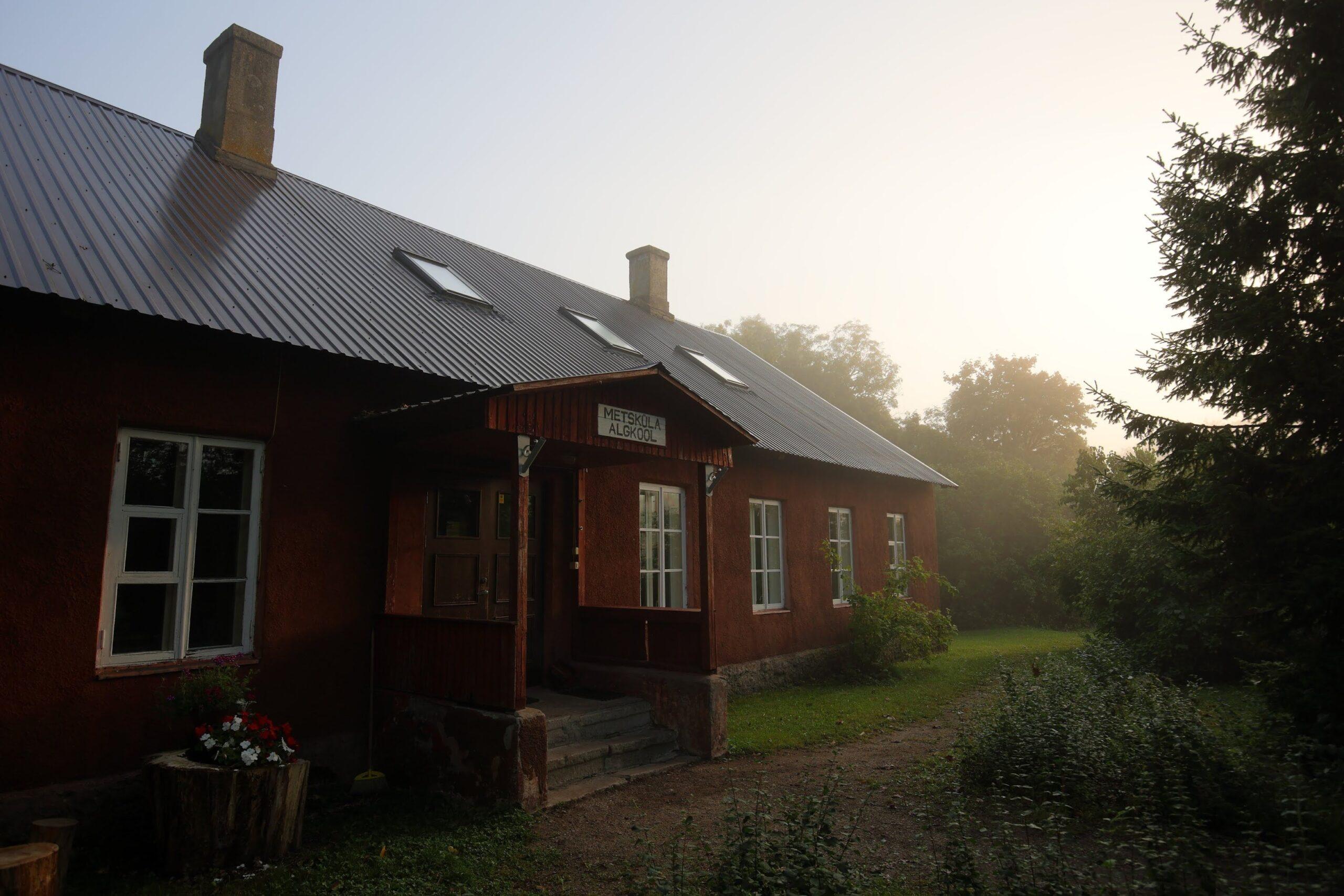
Rebels have captured Metsküla
The first regional hostage crisis has broken out in Estonia, with dangerous insurgents “seizing” the administrative building of Lääneranna municipality. That’s what happens when the local authority’s bad decision-management forces people to take matters into their own hands.
The Lääneranna Municipal Council has stepped over the edge of community and societal tolerance, and the violent attack on children’s education has caused a lot of thick blood. The case of the Metsküla school closure, however, points to a much bigger concern, namely the decisions being pushed through at local level under the pretext of major reforms and the inability of central government to prevent even truly bad decisions.
Why is this the case?
It must be understood that at the time when responsibility for many areas of life was written into the Local Government Organisation Act (KOKS) as a local government task, rural Estonia was very different. The countryside still had functioning communities, medical care, transport with a post office.
Thus the reality of the rural person was different. Today, many of the services taken for granted by urban dwellers are rural luxuries, available only to car owners, whose peripheral living will soon be rewarded with a car tax.
Responsibility for the organisation of local life has become a key issue for national regional policy. Municipal decisions, especially when taken in peripheral areas, have an impact on the whole country in a context of urbanisation. By making really bad decisions, the effects are felt beyond local life.
This has also been the case in Metsküla, where it has become abundantly clear why it must be possible to challenge the decisions of municipalities at risk in peripheral regions at national level.
Who protects people from local-goverment bogeyman?
Gone are the days when regional policy could be made in the spirit of Excel spreadsheets. Cutting services in a ‘if it is not profitable, it is pointless’ way leads to a vicious circle, where the drift away from services also drives people out of rural areas.
The state is packaging up itself to leave the rural area, it is a cognitive reality. So leaving the countryside is nothing special, it is now much more comfortable to live in the city, at least in terms of services. Yes, Tallinn has its own serious problems, but at least when you go to bed at night you can be sure that school will still be there in the morning.
How many regional crisis do we need to understand that the reality in Estonia was different when the responsibilities of local governments were set out in the KOKS?
The law needs to be more flexible and allow central government to intervene in the follies of the periphery. It is not just a question of local organisation: bad decisions will at some point affect national security, which is based on people’s trust in the state and the existence of homes in every corner of Estonia.
The legal framework must adapt to changing circumstances, it must allow central government to protect people from the arbitrary actions of local politicians in the name of a sacred cause – especially in the countryside. Failing that, Jüri Manor’s erstwhile thought exercise about everyone moving to Tallinn is a self-fulfilling prophecy.¹
Will the municipality turn off the heating?
One might wonder what the coming autumn winter will bring to the Metsküla community, given the attitude of the parish council so far. While the residents of Nursipalu have started to talk about expropriation as a last resort,² the Metsküla community could theoretically also experience a “permanent decline in the quality of vital services” before the arrival of Christmas and elves.
One could start to break the morale of local seven-year-old rebels with a JOKK (read: everything is legally correct) scheme, turning off water, heating and electricity. There is no law to break, because there is no school. Also, there is no need for a special unit to arrive dramatically from a helicopter in the schoolyard, it can be made easier!
The Crisis Research Centre hopes that the leaders of Lääneranna municipality will not be inspired by the above mentioned option and will find a humane solution. Or will the line ministry find a way to intervene? After all, we live in Estonia, not Belarus.
× The opinion piece was published on 07.09.2023 on the Delfi web portal. Photo: Metsküla Primary School (Kaarel Kaisel, 2023).
Sources:
Jaga postitust:
